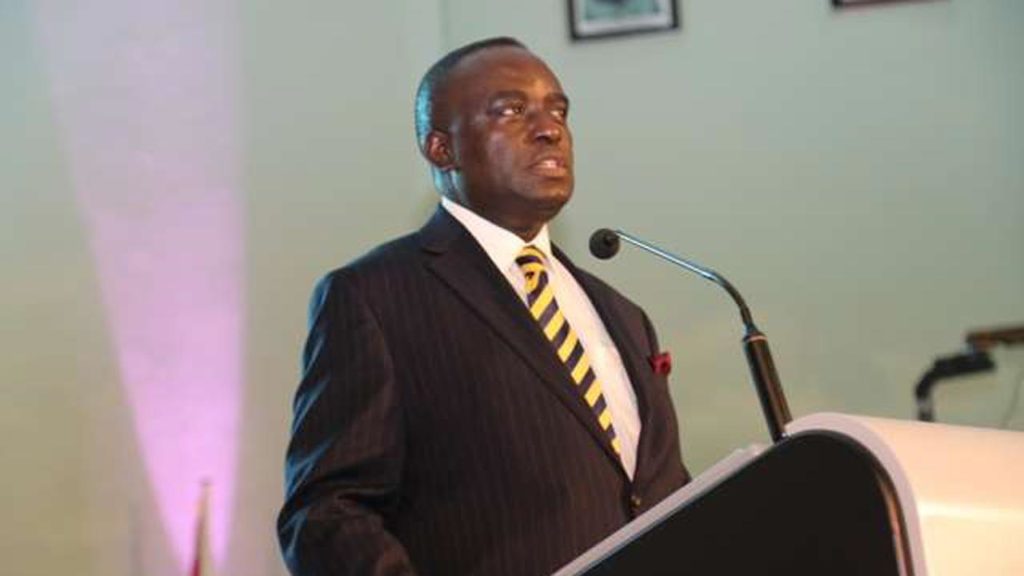Former Executive Secretary of the National Universities Commission (NUC), Professor Peter Okebukola, has attributed the poor rating of Nigerian universities globally to lack of adequate funding.He urged the Federal and state governments, as well as the private sector to dedicate more resources to the funding of education to remove those challenges that make the nation’s universities to attract less global recognition.
Okebukola stated this in a paper titled: Can The Bones Rise Again? A Peep Into The Revitalisation Of The Nigerian University Reform, which he delivered at the Ekiti State University, Ado-Ekiti during the institution’s 23rd convocation ceremony.He added that the university system would continue to fail in Nigeria until poor staffing and insecurity, among others were resolved before the country could rise to stardom in its higher education reforms and global rating.
He said it was pathetic that the Tertiary Education Trust Fund (TETFUND) established by the Federal Government to fund tertiary institutions, could only give financial support to a few universities, while others were made to develop at slow pace.
Describing the development as a serious impediment to the growth of Nigerian universities, Okebukola advocated radical curricula reforms by the NUC to promote the new ideal of entrepreneurial education that would make students self-employable and relevant in the labour market.“Nigerian universities are having a lot of challenges, but funding is the major denominator. It has caused poor power supply, poor information and communication technology (ICT) network, low students’ enrollment and poor infrastructure in our universities.
“50 per cent of the institutions in Nigeria complained about epileptic power supply. Many of them rely on alternative power supply such as generators. This has resulted in increased cost of running the institutions.“About 37.5 per cent of the institutions perceived lack of support from the government through TETFund as a major setback in financing the development of infrastructure and they also complained of multiple-taxation.”
“Surveyed also showed that about 50 percent of the universities complained that the universities have low enrollments, because many of the students could not afford the cost,” he said.He said the country must tackle terrorism in the Northeast to make the institutions in the area safe for Nigerians.Speaking on the need for curricula reforms, Okebukola said: “There is an ongoing higher education reform under the auspices of the NUC, NBTE, NCCE. One of the drivers of this effort is the realisation that in the next 10 years, the jobs that will be available for graduates at the national level and globally will be different from what we have today”.


Leave a Reply